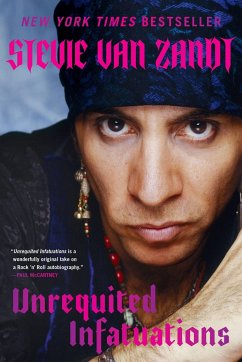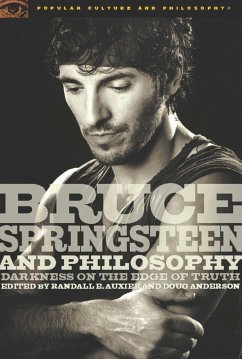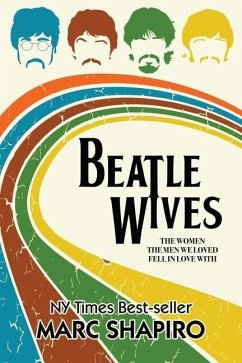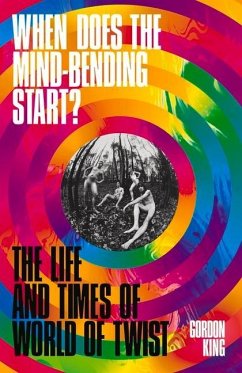Nicht lieferbar
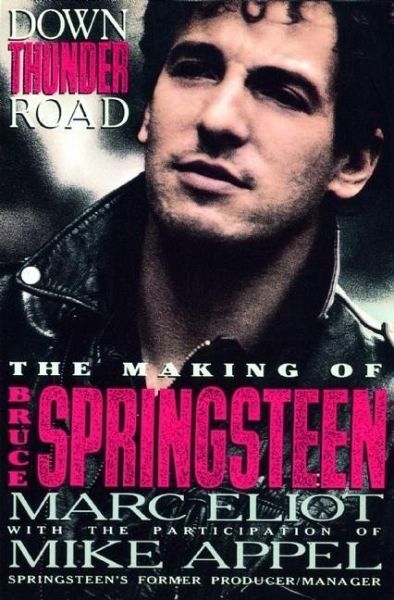
Down Thunder Road: The Making of Bruce Springsteen
Versandkostenfrei!
Nicht lieferbar
Insider's story of Bruce Springsteen's early career, focusing on his first manager and his ouster after the money started to roll in. On July 29, 1976, Mike Appel - Springsteen's first manager/producer/promoter - sued Jon Landau, CBS Records, and Springsteen to prevent Landau from producing Springsteen's next record. Here, Eliot (Rockonomics, 1989; Televisions, 1983, etc.) tells how this maverick manager was the first to believe in Springsteen and sign him to a contract. Appel has supplied detailed accounting-sheets of band expenses, publishing royalties, and Springsteen's profits in the initi...
Insider's story of Bruce Springsteen's early career, focusing on his first manager and his ouster after the money started to roll in. On July 29, 1976, Mike Appel - Springsteen's first manager/producer/promoter - sued Jon Landau, CBS Records, and Springsteen to prevent Landau from producing Springsteen's next record. Here, Eliot (Rockonomics, 1989; Televisions, 1983, etc.) tells how this maverick manager was the first to believe in Springsteen and sign him to a contract. Appel has supplied detailed accounting-sheets of band expenses, publishing royalties, and Springsteen's profits in the initial four years of his career. This little-seen and interesting view of rock exposes the real nuts and bolts of the business. For example, in 1973, after his second album was released, Springsteen made only $3,300 touring. He paid his band members $35 each per week, but assigned to them no songwriting credits, ensuring that they would remain hired help. And by 1976, Springsteen's royalties amounted to $259,000 for the first quarter alone. Landau, a 27-year-old "rock critic" for Boston's Real Paper and Rolling Stone at the time of the singer's first album release, was an early booster. Eliot depicts him as an archfiend in human form who weaseled his way into impressionable young Springsteen's confidence. Landau, although entirely without studio experience, persuaded Springsteen he could produce him with superior sensitivity, bad-mouthed Appel at the drop of a guitar pick, and muscled him out. Once Landau's influence was in the ascendant, Springsteen sued Appel for fraud and for permission to use Landau as his producer. In turn, Appel brought his own suit, which was settled out of court with him receiving $800,000 - a sum that he calls "absolute beans." Eliot provides 40 pages of lively deposition in which Springsteen gives a churlish, profane, and none-too-swift performance. An undraped and juicy peek at rock's hierophants and hetaeras. (Kirkus Reviews)




